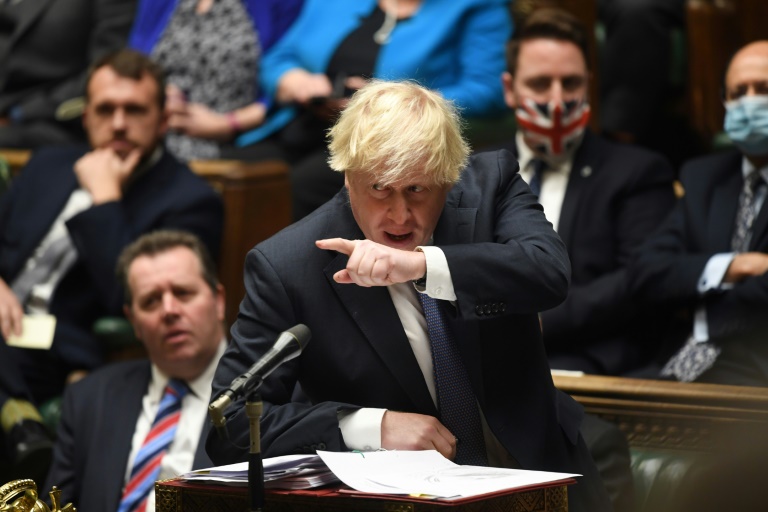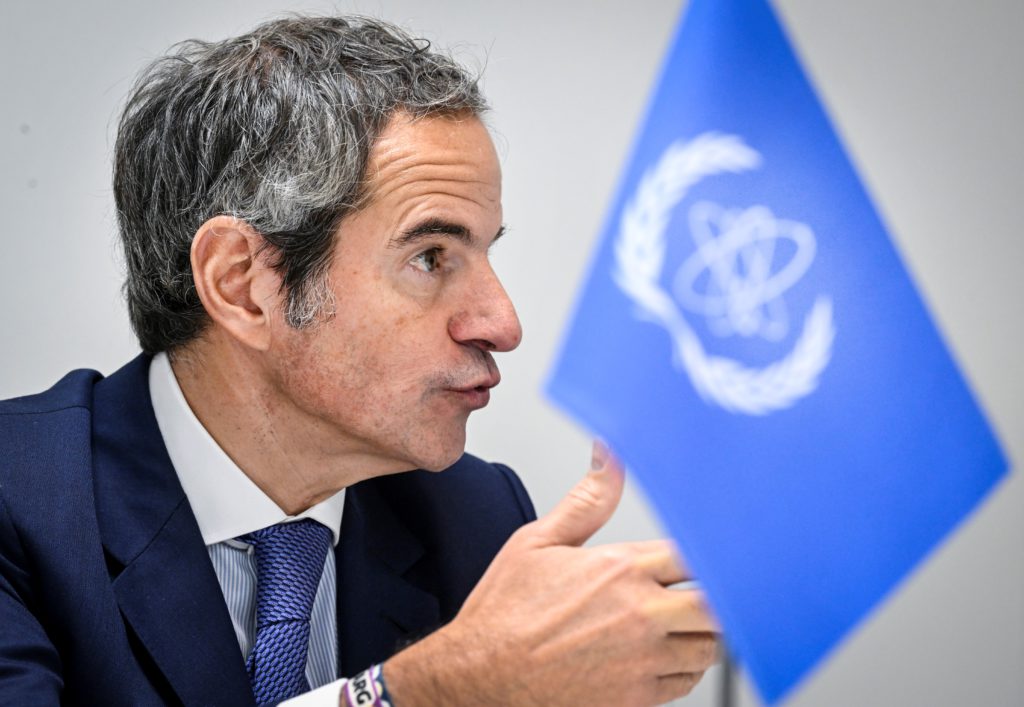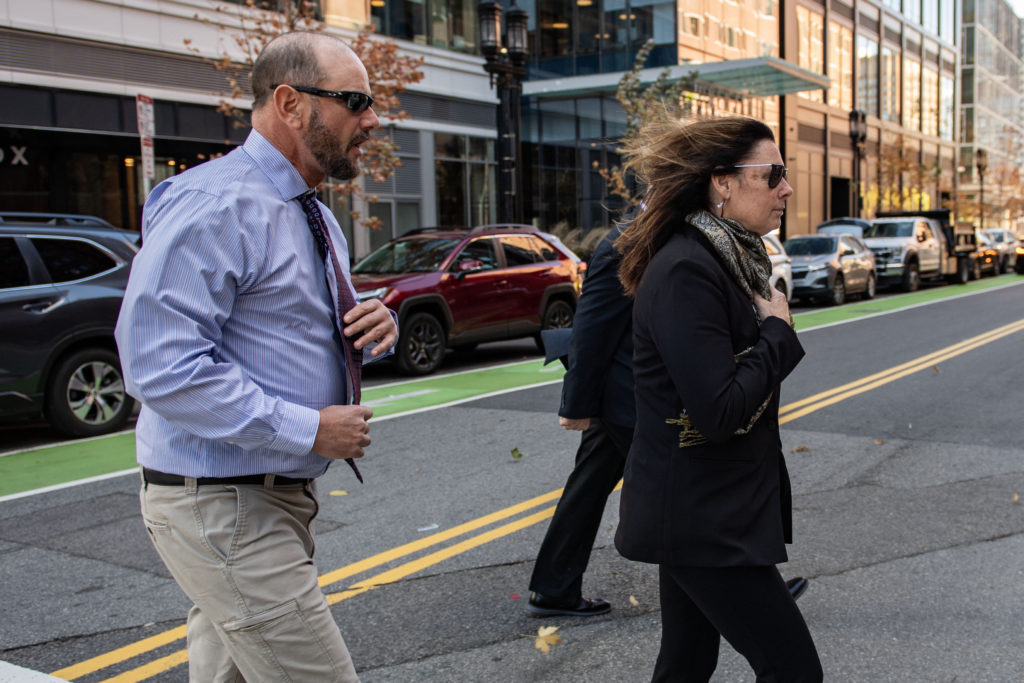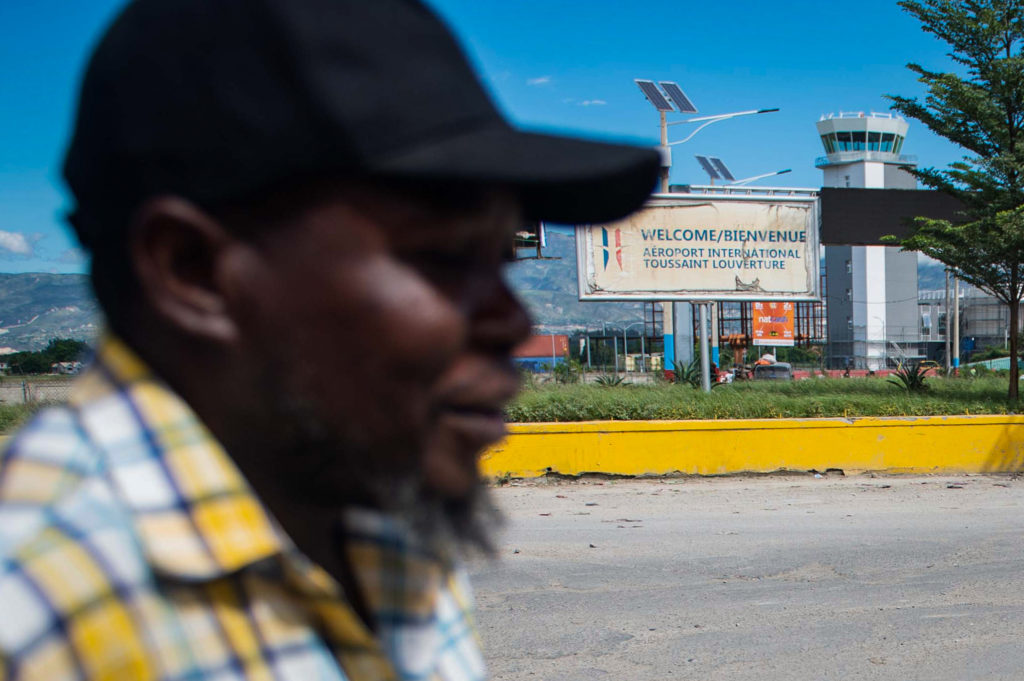Boris Johnson on Tuesday faces potentially the largest rebellion from his own MPs since he became British premier as parliament votes on new coronavirus restrictions to combat the spread of Omicron.
Johnson, already facing an all-time low popularity rating and questions about his future following a string of recent scandals, argues tougher measures are urgently needed to prevent a “tidal wave” of infections overwhelming hospitals.
At least one person has died after contracting the virus mutation, and the UK Health Security Agency believes the variant is causing around 200,000 infections per day. Covid cases have wreaked havoc on sports fixtures, including in the English Premier League.
But Johnson’s own Conservative colleagues oppose Downing Street’s new rules on face-mask wearing, testing, self-isolation and vaccine passes, warning they damage public freedoms.
At least 60 Tory MPs — possibly more — are reported to be set to rebel over the new restrictions at a series of votes on Tuesday evening, although the government with its 80-seat majority is expected to win with opposition Labour party support.
Tory MP Steve Baker, a former junior Brexit minister, accused Johnson of creating a “miserable dystopia” by introducing “disproportionate” curbs based on incomplete evidence.
He said opposition over voting the new curbs into law was about “what kind of society we’re creating”.
Another Tory MP went so far as to compare the introduction of vaccine passes in certain settings to Nazi Germany, triggering protests from Jewish groups.
– Sleaze and scandal –
Justice Secretary Dominic Raab, a Johnson loyalist, hit back at the rebels, saying he would be “very surprised” if the rebellion was as large as predicted, adding: “The bottom line is this is a government doing what’s right for the country.”
The situation stands in stark contrast to previous parliamentary votes, which effectively rubber-stamped Covid rules, and could not come at a worse time for Johnson, a 57-year-old father-of-seven who has been prime minister since July 2019.
Over the last week, he has seen support plummet in opinion polls and faced open calls to quit because of reports that he and staff broke coronavirus rules last Christmas.
Alleged parties at Downing Street and other government departments, while the public at large were subject to strict rules banning gatherings, have led to charges of double standards, as ministers had told the public to cancel their festive plans.
A series of other scandals and sleaze allegations have led some commentators to predict an internal party vote of no confidence in Johnson’s leadership.
Just as he insisted no social distancing rules were broken, his party was last week fined for failing to declare who paid for a lavish makeover of the prime minister’s Downing Street flat.
That added to claims of cronyism and corruption after reports that the government handed wealthy Tory donors plum seats in the unelected House of Lords.
– ‘Ruthless’ –
Johnson caused outrage for trying to change parliament’s disciplinary rules after a Tory MP illegally lobbied ministers for two companies that had him on their payrolls.
The MP, Owen Paterson, later quit, forcing a by-election in his North Shropshire constituency on Thursday, the result of which could make Johnson’s position even more fragile.
Paterson had a 23,000 majority at the last election in 2019 but a significant cut in that or even a defeat in the Tory safe seat could put Johnson’s position in peril.
Political commentator Robin Pettitt said Johnson — a former journalist and London mayor known for his unconventional style — could ride out one or two scandals.
But the cumulative effect, and any fears he has become an electoral liability, may force Tories to act, despite the Brexit champion’s landslide victory just two years ago.
“The Conservative party have always been very ruthless when it comes to getting rid of leaders that were not working,” he told AFP.
The New York Times published an opinion piece on Tuesday saying that Johnson’s “charm was wearing thin”.
“As we watch Mr Johnson’s narrative play out, Britain feels like a country put on hold. We don’t know whether the prime minister can save himself, let alone Christmas,” it said.











